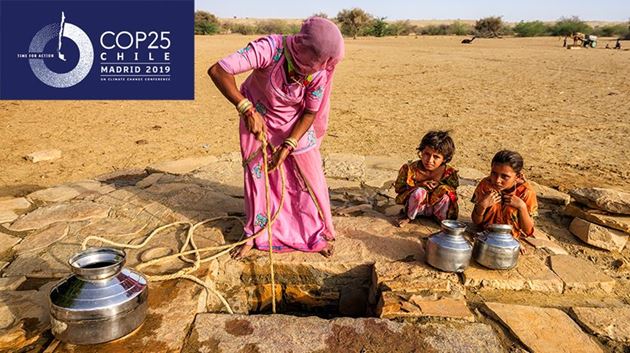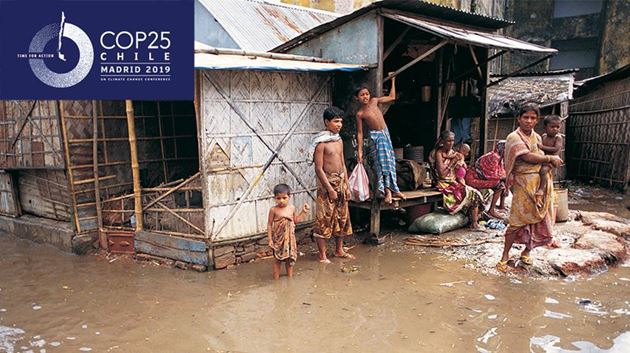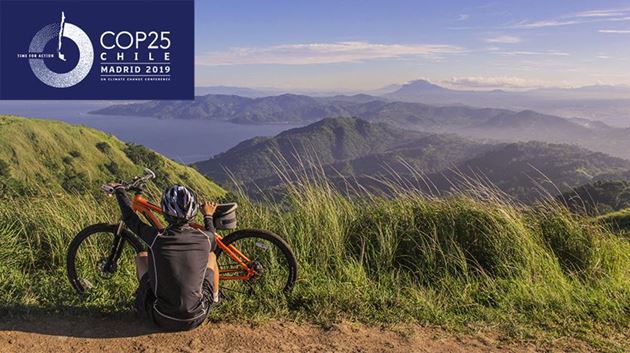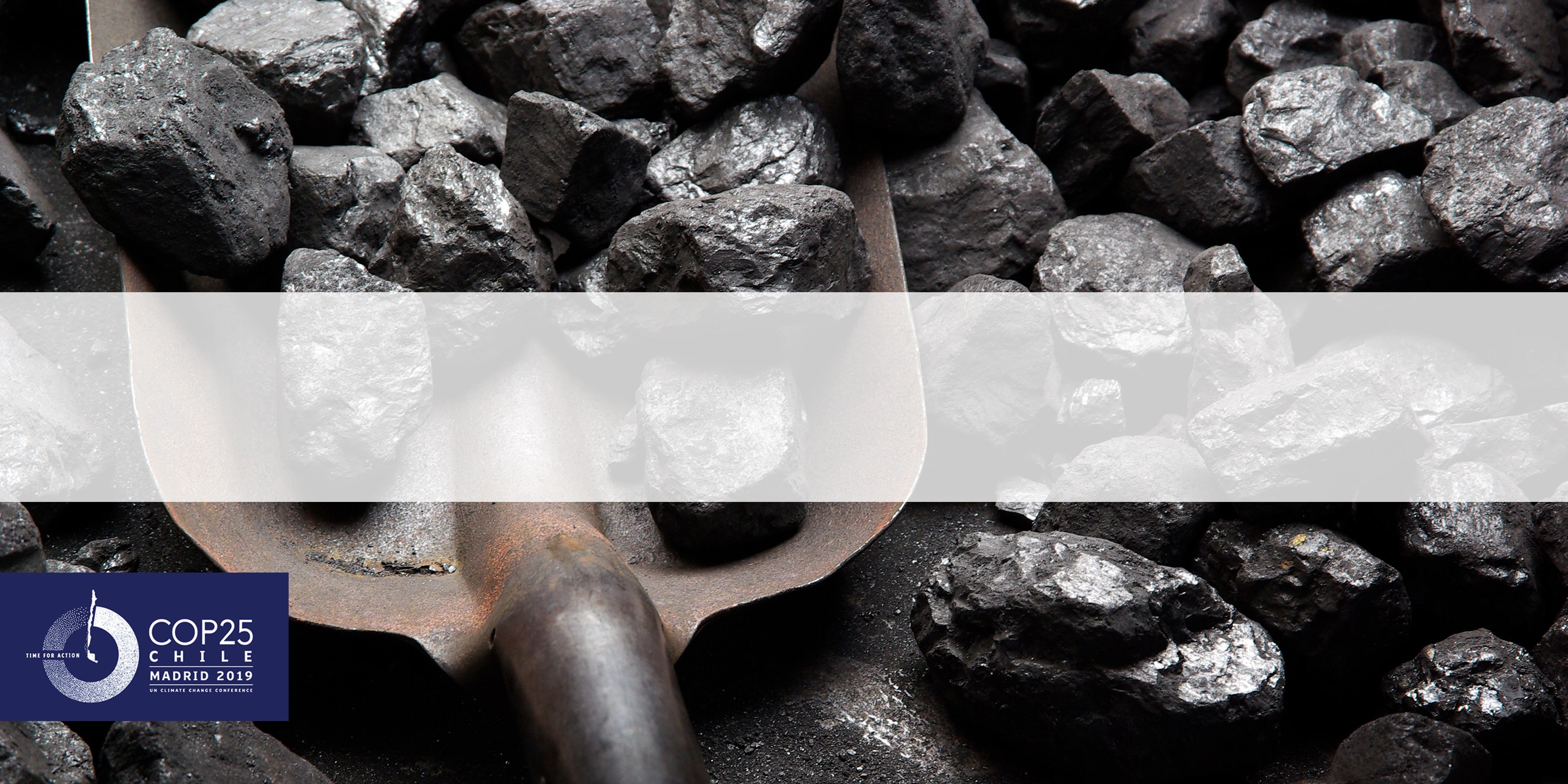
EU lays out plan to become carbon neutral by 2050 at climate talks
COP25
Madrid / 10 December 2019
The EU must act faster now in its push to become the first continent to become carbon neutral by 2050, the European Commissioner for Energy Kadri Simson said at the EU’s Energy Day on the sidelines of climate talks in Madrid.
The EU will formally present its European Green Deal tomorrow in Brussels, which aims to make the bloc carbon neutral by mid-century. Simson said that the EU had led the way in adopting renewable energies and would meet its objective of having 20% of energy production from renewable sources by 2020. However, she said that now much more would need to be done to meet more ambitious targets.
“We must act now if we want to see this energy transition be truly successful and to see the EU become the first carbon neutral continent by 2050,” she said.
She said there were a number of keys for these ambitions to be met, including promoting offshore wind, energy storage, improving energy efficiency, and in developing hydrogen solutions.
Speaking at the same event, Francesco La Camera, Director General of the International Renewable Energy Agency (IRENA), said that much more investment would be needed if the EU hoped to meet its objectives. Irena estimated that the EU would need investments of $110 trillion by 2050 to meet its targets, the equivalent of 2% of global GDP.
In contrast, many speaking at the EU Energy Day in the second week of climate talks in the Spanish capital urged governments to end the $5 trillion of subsidies destined for fossil fuels each year.
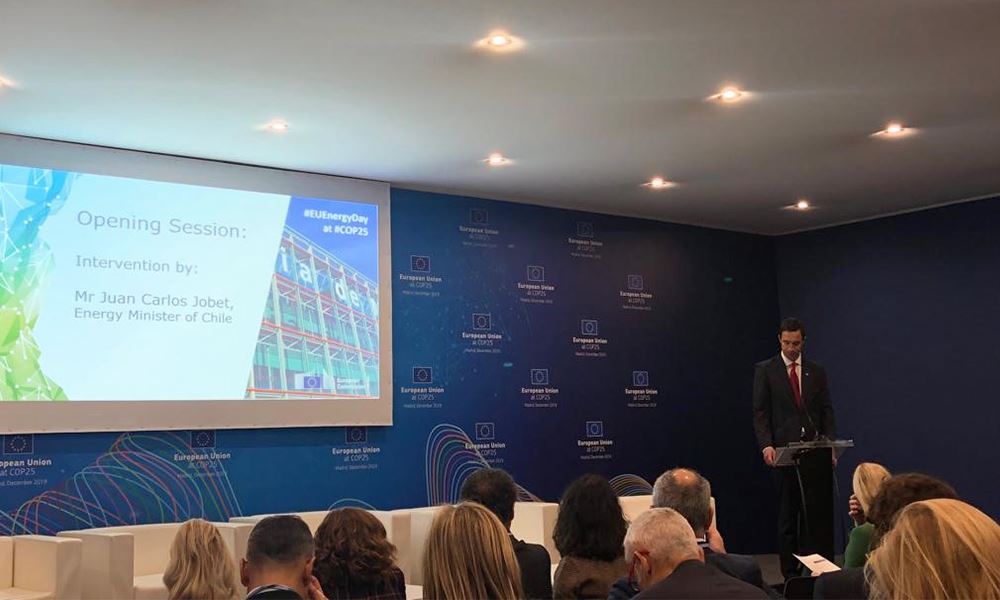
The EU’s ambitions were also being replicated further afield. Juan Carlos Jobet, Energy Minister of Chile, also said that his country aimed to become carbon neutral by 2050.
“We only account for 0.3% for CO2 emissions, but Chile will do all it can to meet our ambitions, which is the least we can do for future generations,” he added.
European Director General for Energy Ditte Juul Jorgensen also pointed to the many tasks ahead for the EU to meet its objectives, which included developments in energy storage and hydrogen, new solutions for heating systems for buildings, and grid infrastructure to ensure that energy flowed between borders in the EU, and into North Africa.

